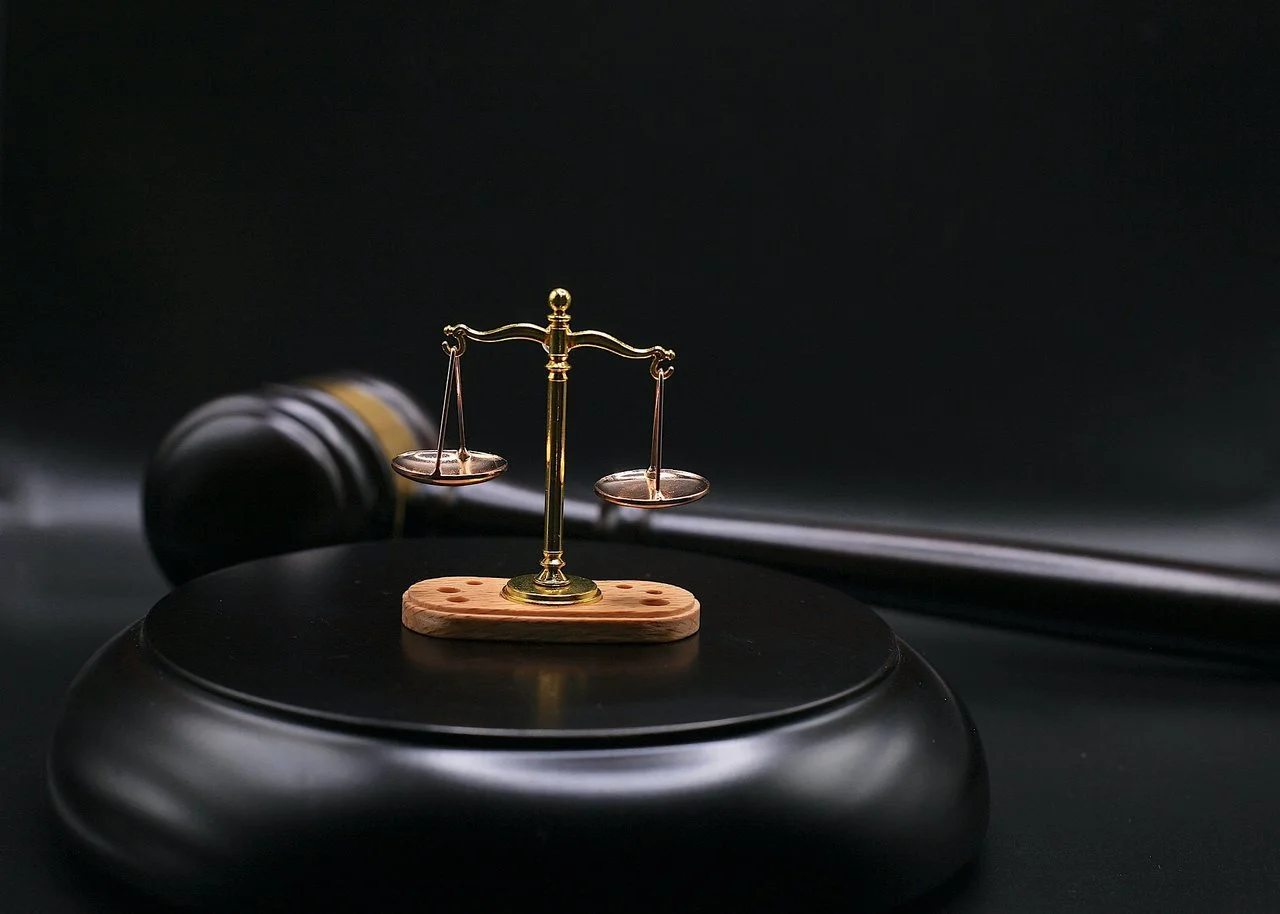Understanding the Difference Between Settlements and Trials in Personal Injury Cases in Palm Harbor

If you’re pursuing a personal injury claim in Palm Harbor, understanding the difference between settlements and trials is crucial. Each option has its own set of advantages and potential drawbacks, and knowing what to expect can help you make informed decisions about how to proceed with your case.
What Is a Settlement?
A settlement arises when the parties involved in a personal injury case come to a mutual agreement to resolve their dispute without proceeding to trial. In most instances, the defendant or their insurance provider proposes a financial compensation package to the injured party, who agrees to forgo the lawsuit in return. This resolution is commonly achieved through negotiations facilitated by the attorneys representing each side, allowing both parties to avoid the uncertainty and expenses associated with a trial. Settlements can provide quicker closure for the injured party while also minimizing the defendant’s legal costs and potential exposure to larger damages.
Advantages of Settlements
- Faster Resolution: Settlements generally lead to quicker resolutions, allowing you to receive compensation without enduring the lengthy trial process.
- Certainty: When you accept a settlement, you know exactly how much you will receive. Trials, on the other hand, carry the risk of an unfavorable verdict.
- Lower Costs: Settling out of court can reduce legal fees and other expenses associated with prolonged litigation.
Potential Drawbacks of Settlements
- Potentially Lower Compensation: The amount offered in a settlement may be lower than what you could receive if you won at trial.
- No Admission of Fault: In most cases, the defendant does not admit fault when agreeing to a settlement, which may not provide the same sense of justice for the victim.
What Is a Trial?
A trial occurs when the parties in a personal injury case cannot reach a settlement and the case is presented before a judge or jury. During the trial, both sides present evidence and arguments, and the judge or jury makes a decision on the outcome.
Advantages of Going to Trial
- Possibility of Higher Compensation: If you win at trial, the compensation awarded could be significantly higher than what was offered in a settlement.
- Public Record: A trial is a matter of public record, which can hold the defendant accountable and may deter similar actions in the future.
- Justice and Closure: For some victims, a trial can provide a greater sense of justice and closure, especially if the defendant is found liable.
Potential Drawbacks of Trials
- Time-Consuming: Trials can take months or even years to conclude, delaying the resolution of your case.
- Uncertainty: There’s no guarantee that you will win at trial, and if you lose, you may receive no compensation at all.
- Higher Costs: Trials are generally more expensive due to increased legal fees, expert witness costs, and other related expenses.
Deciding Between Settlement and Trial
The decision to settle or go to trial depends on several factors, including the strength of your case, the amount of compensation being offered, and your personal preferences. An experienced personal injury attorney can help you weigh the pros and cons of each option and guide you toward the best course of action for your specific situation.
Conclusion
Understanding the difference between settlements and trials is essential for anyone involved in a personal injury case in Palm Harbor. While settlements offer a quicker and more predictable resolution, trials provide the opportunity for potentially higher compensation and a greater sense of justice. If you’re facing a personal injury case and need guidance on whether to settle or go to trial, consult with an experienced personal injury attorney. Your attorney will help you make the right decision for your case.
